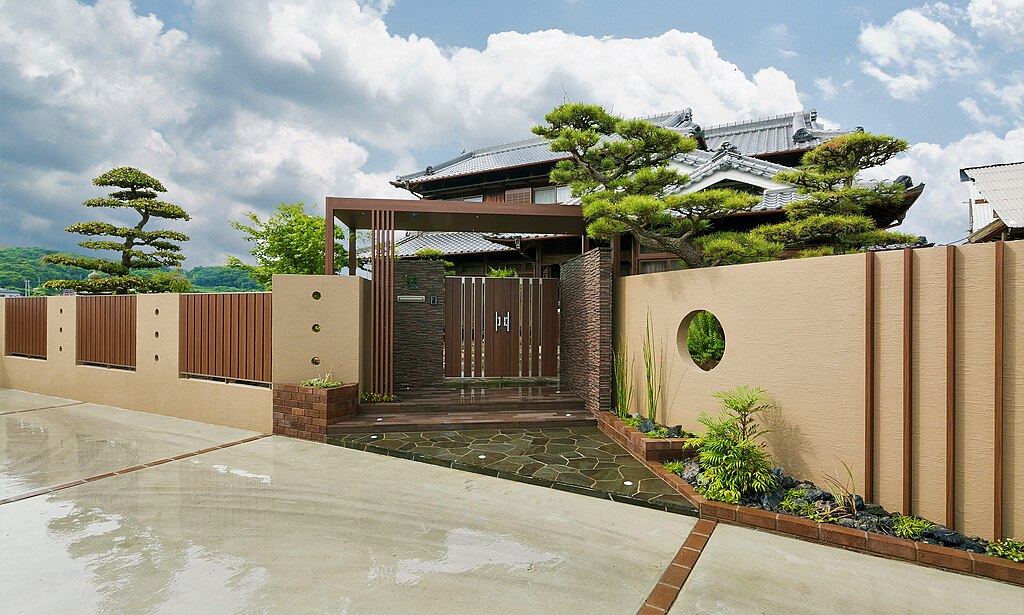Looking to take the plunge and buy property in Japan? The good news is expats can buy a home and take out a mortgage in Japan, although the process can be tricky and time-consuming. This is why it pays to do a bit of research into how the system works.
This handy guide covers the basics, including mortgage types and how much you can borrow, so you know what to expect.
Who can get a mortgage in Japan?
In theory, anyone can buy property and take out a mortgage in Japan, although many Japanese banks are reluctant to lend to people without permanent residence status. If they do, they often tighten the eligibility criteria and may charge increased rates.
In general, you can take out a Japanese mortgage if you:
- Are aged between 20-65
- Have a stable income that proves you can make repayments (the minimum earning requirement is usually at least two million yen)
- Have no bad credit against your name
Some lenders may have additional criteria, for example requiring you to have a valid life insurance policy.
Types of Japanese mortgages and rates
Mortgage interest rates in Japan are based on the Bank of Japan’s prime lending rate, which stands at 1.625% (as of Februrary 2025). The main types of mortgage to choose from are:
- Fixed-rate: where the interest rate is fixed at the start of the loan.
- Variable-rate: where the interest rate fluctuates according to the prime lending rate, meaning your monthly payments vary. These mortgages are usually offered with lower interest rates than fixed types but they are less secure.
- Flat 35 mortgage: government scheme with favorable rates offered over terms of up to 35 years, but only available to citizens and permanent residents.
Local municipal governments also offer public mortgages with more favorable terms than many banks, but again these are usually inaccessible for temporary and non-residents.
How much can you borrow?
Japanese banks will usually lend up to about 80% of the total property value, meaning that the buyer has to provide the remaining 20% in the form of a deposit. If you don’t have permanent Japanese residency, the deposit amount is typically higher, sometimes as much as 50%.
Bear in mind that your monthly repayments and other regular debts can usually be no more than 35% of your overall monthly income. You can check how much you are likely to be able to borrow using this online calculator.
Mortgage fees in Japan
There are certain fees that you will normally have to pay when buying Japanese property and applying for a mortgage. These can total around 10% of the property purchase price. Fees include:
- Stamp duty
- Registration tax
- Acquisition tax
- Bank administration fees
- Loan guarantee fee
How to apply for a Japanese mortgage
- STEP 1 – gather the necessary documents, for example bank statements, proof of employment, proof of residence status
- STEP 2 – find a suitable mortgage provider. Banks offering mortgages to expats include SBI Shinsei Bank and Tokyo Star Bank
- STEP 3 – complete the lender’s loan application process
- STEP 4 – finalize the property purchase and pay any outstanding fees
Links
Bank of Japan
Japanese Housing Finance Agency

